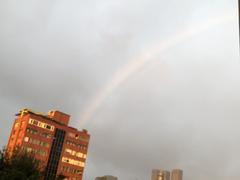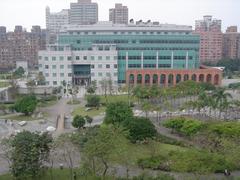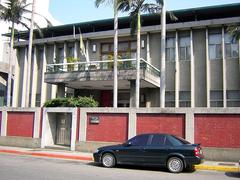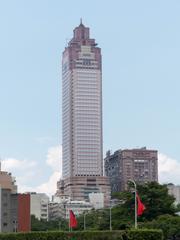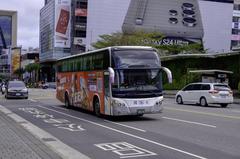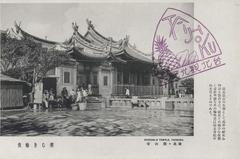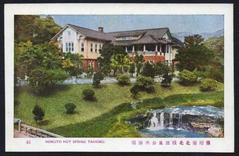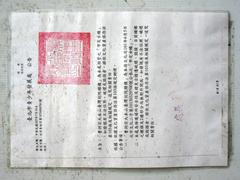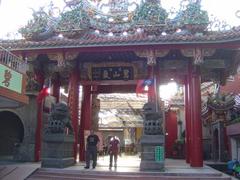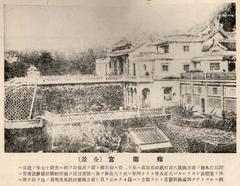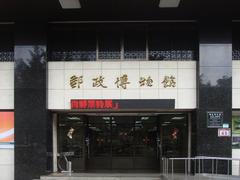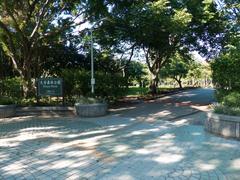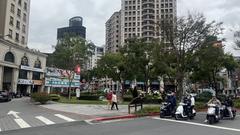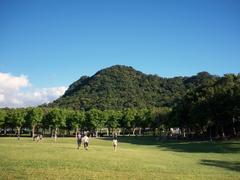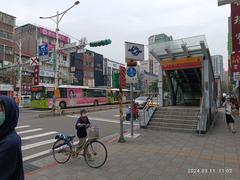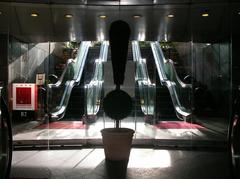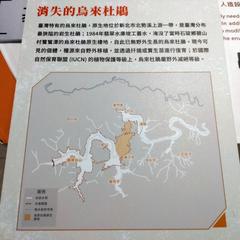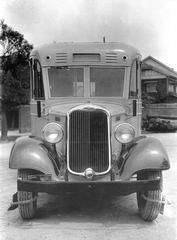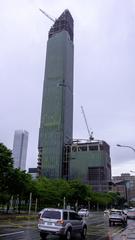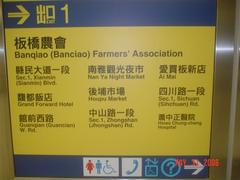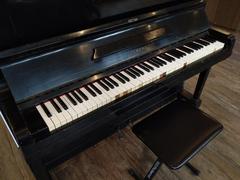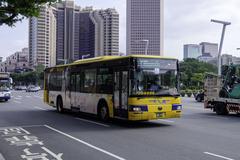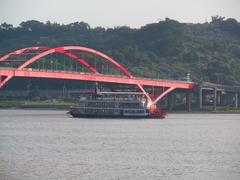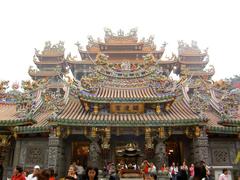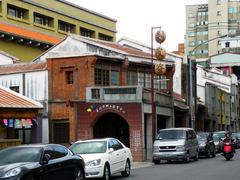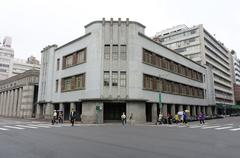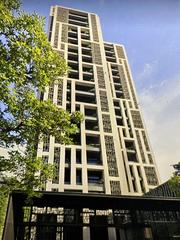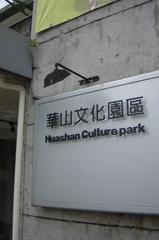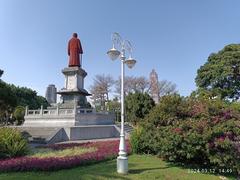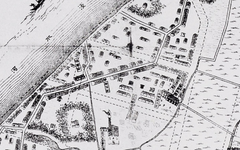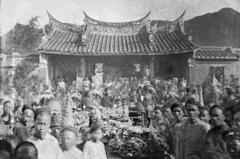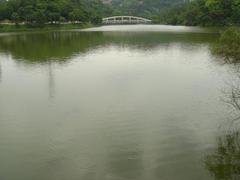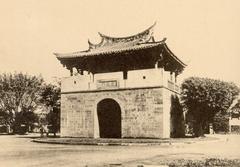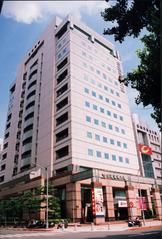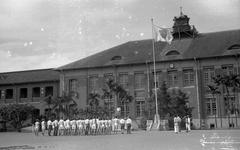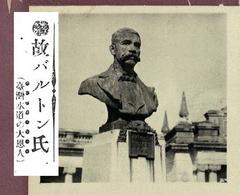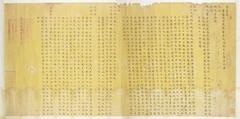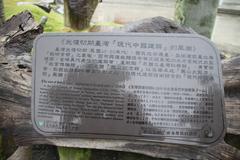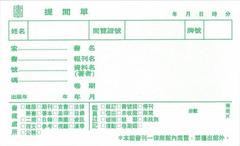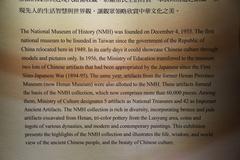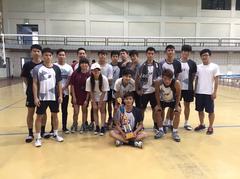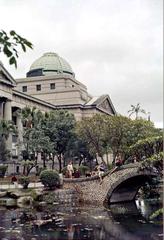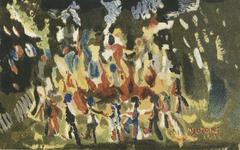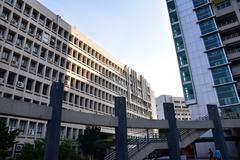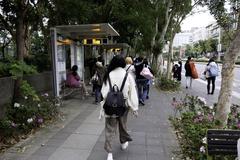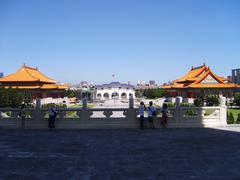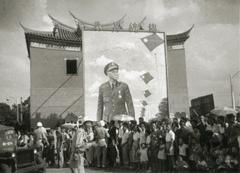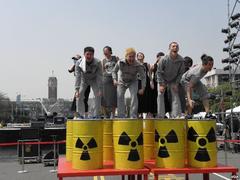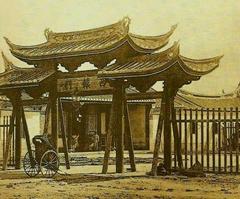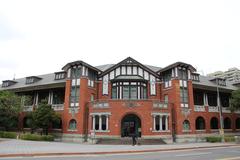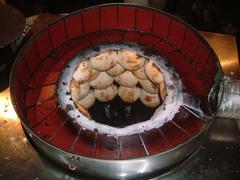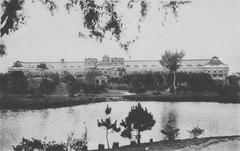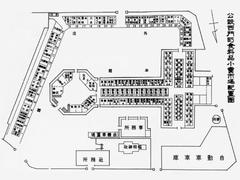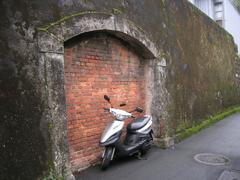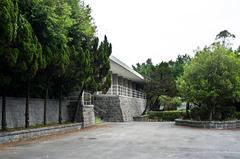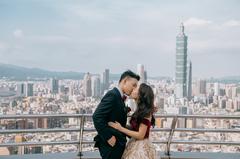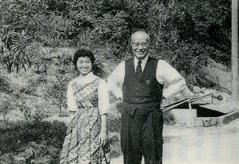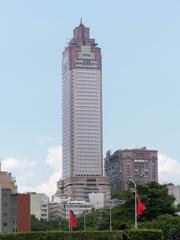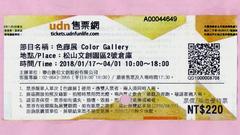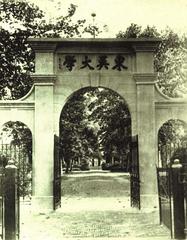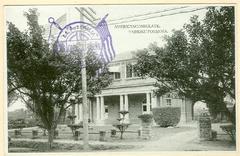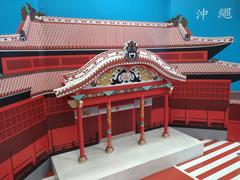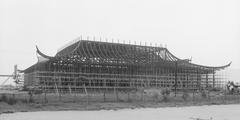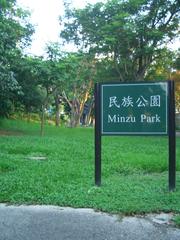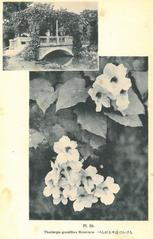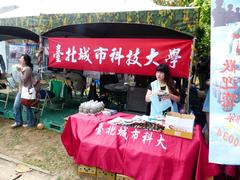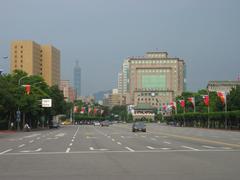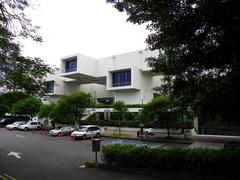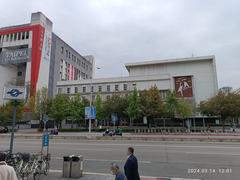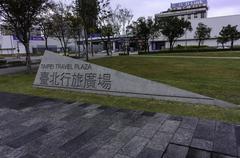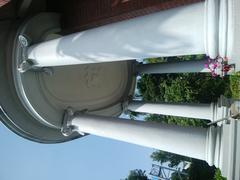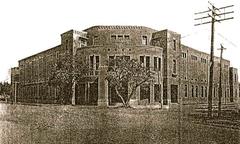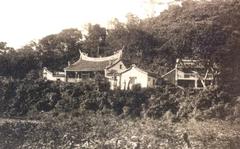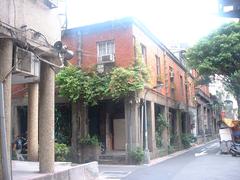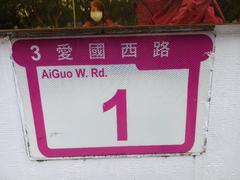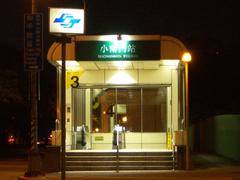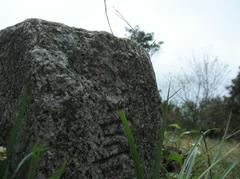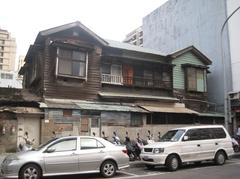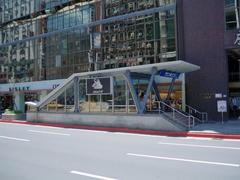
National Taiwan University Visiting Hours, Tickets, and Travel Guide in Taipei
Date: 14/06/2025
Introduction
National Taiwan University (NTU) is Taiwan’s oldest and most prestigious academic institution, centrally located in Taipei’s bustling Daan District. Founded in 1928 as Taihoku Imperial University during the Japanese colonial era, NTU has grown into a globally recognized center of academic excellence, research, and cultural heritage. Its campus blends historic Japanese-era architecture and lush green landscapes with state-of-the-art facilities, offering visitors a unique window into Taiwan’s educational, social, and architectural evolution. This guide details everything you need to know for a memorable NTU visit—including campus and museum hours, ticketing, guided tours, accessibility, and tips for exploring the surrounding Taipei area (NTU official site; taiwaneverything.cc; NTU Visitor Center; Times Higher Education).
Table of Contents
- NTU’s Historical Evolution
- Campus Architecture and Heritage
- Academic Excellence and International Impact
- Cultural and Social Life
- Visitor Information: Hours, Tickets, Accessibility
- Guided Tours and Special Events
- Museums and Campus Highlights
- Practical Tips for Visitors
- Nearby Attractions in Taipei
- FAQs
- Conclusion & Planning Resources
- References
NTU’s Historical Evolution
Founded as Taihoku Imperial University in 1928, NTU was initially modeled after Japan’s imperial universities, serving as a center for advanced research and education in Taiwan. After World War II and Taiwan’s retrocession to the Republic of China, the university was reorganized and renamed National Taiwan University in 1945, reflecting the island’s evolving political and cultural landscape (taiwaneverything.cc; NTU official site; Times Higher Education).
Today, NTU encompasses 16 colleges, with over 35,000 students and a strong international presence. The university’s mission has expanded from cultivating local talent to advancing global research, fostering cross-cultural exchange, and contributing to Taiwan’s modernization (NTU official site).
Campus Architecture and Heritage
NTU’s main campus sits in the Gongguan neighborhood and spans approximately 115 hectares. Its landscape is a blend of historical and contemporary architecture, featuring:
- Main Gate and Royal Palm Boulevard: The university’s iconic entrance is lined with towering royal palms, leading to the administrative heart of campus (NTU Visitor Center PDF).
- Gallery of NTU History: Housed in the former main library (built 1929), this museum showcases NTU’s evolution and Japanese-era design.
- College of Liberal Arts: Featuring Romanesque elements, a scenic pond, and Ju Ming’s Taichi sculpture.
- Administration Building: Noted for its red bricks and Corinthian columns, reflecting the university’s colonial roots.
- Drunken Moon Lake: A tranquil campus oasis popular for relaxation and photography.
Many original Japanese-era buildings remain, some bearing scars from WWII, alongside modern research labs and teaching facilities. The campus is further adorned with experimental farms, gardens, and public art, creating a harmonious blend of tradition and innovation (taiwaneverything.cc).
Academic Excellence and International Impact
NTU is consistently ranked as Taiwan’s top university and among Asia’s leading research institutions (Times Higher Education). It offers 61 departments and 152 graduate institutes, with a curriculum spanning sciences, engineering, humanities, social sciences, and medicine (NTU Academics). The university has over 640 partner institutions in 67 countries, and about 10% of its students are international, representing more than 70 nations (Rutgers Global).
NTU is at the forefront of research in sustainability, life sciences, and emerging technologies, and collaborates closely with national policy makers and industry leaders (NTU Spotlight).
Cultural and Social Life
NTU is not only an academic hub but also a vibrant center for student culture, arts, and civic engagement. The campus hosts numerous cultural festivals, lectures, performances, and student club activities. Notable landmarks include:
- The Fu Bell: A symbol of unity and tradition.
- First Student Activity Center: The social heart of campus life.
- NTU Center for the Arts (Odeum): Venue for performances and exhibitions.
NTU’s traditions and annual events, such as the Lunar New Year Gathering, foster a strong sense of identity and community spirit (NTU official site; NTU Spotlight).
Visitor Information: Hours, Tickets, Accessibility
Campus Hours and Admission
- Campus Visiting Hours: Daily from 6:00 am to 10:00 pm (Taipei Travel Geek).
- Admission: Free for all visitors; no ticket required to enter the campus.
Museum Hours and Tickets
- Museums: Most are open weekdays, typically 10:00 am to 4:00 pm, with a midday closure (12:00–1:00 pm). Closed on weekends and public holidays.
- Gallery of NTU History: 10:00 am – 4:00 pm.
- Museum of Anthropology: 10:00 am – 4:00 pm.
- Entry Fees: Most museums are free; special exhibitions may charge a nominal fee. Always check the NTU Visitor Center website for current information.
Accessibility
- The campus is wheelchair accessible, with ramps, elevators, and accessible restrooms.
- Wheelchairs are available for loan at the Visitor Center.
- Maps with accessible routes are available online and at campus entrances (NTU Maps).
Guided Tours and Special Events
- Guided Tours: Free tours are available for groups (5–40 people, age 15+) and must be reserved in advance (NTU Visitor Center). Tours last 1–2 hours and cover campus highlights such as the Gallery of NTU History, College of Liberal Arts, Fu Bell, Main Library, and Drunken Moon Lake.
- Special Events: The campus regularly hosts exhibitions, academic conferences, and cultural festivals. Event schedules are updated on the NTU Visitor Center website.
Museums and Campus Highlights
- Gallery of NTU History: Chronicles the university’s development since 1928.
- Museum of Anthropology: Features ethnographic collections and Taiwan’s diverse cultures.
- Drunken Moon Lake: Picturesque spot for relaxation and photography.
- Royal Palm Boulevard: The palm-lined promenade is the most recognizable feature of NTU.
- Main Library: Noted for its blend of modern and classic architectural styles, and panoramic rooftop views.
- Art Installations: Numerous sculptures and murals are scattered throughout the campus.
Practical Tips for Visitors
- Getting There: Take the Taipei Metro (Green Line) to Gongguan Station, Exit 3. Multiple bus routes and taxis also serve the area.
- On Campus: Wear comfortable shoes; the campus is extensive and best explored on foot or by YouBike (Taipei’s bike-sharing system).
- Weather: Taipei in June is hot and humid. Wear light clothing, carry an umbrella, and stay hydrated (Taiwan Obsessed).
- Etiquette: Respect academic activities and restricted areas. Outdoor photography is permitted, but always check signage before taking photos in museums or with people.
- Language: Mandarin is the primary language, but English signage is widespread and Visitor Center staff speak English.
Nearby Attractions in Taipei
NTU’s central location makes it an ideal starting point for exploring Taipei’s cultural and historical sites:
- Gongguan Night Market: Right outside NTU’s main gate; a hot spot for street food and shopping (Taipei Travel Geek).
- Treasure Hill Artist Village: A revitalized artist community with historical roots.
- Taipei Water Park: Interactive exhibits on water conservation.
- Da’an Forest Park: Taipei’s “Central Park,” perfect for outdoor relaxation.
- Chiang Kai-shek Memorial Hall: Major national monument, ~3 km north of NTU (Holidify).
- Taipei 101: Landmark skyscraper with observation decks and shopping.
- Shida Night Market: Known for trendy shops and international eats.
- National Taiwan Museum: Offers insights into Taiwan’s natural and cultural history (Holidify).
FAQs
Q: What are NTU’s campus visiting hours?
A: The main campus is open daily from 6:00 am to 10:00 pm. Museums are typically open weekdays 10:00 am to 4:00 pm.
Q: Do I need a ticket to enter NTU?
A: No. Campus entry is free. Some museums or special events may require a ticket.
Q: Are guided campus tours available?
A: Yes, free guided tours are available for groups with advance reservation (NTU Visitor Center).
Q: Is NTU accessible for people with disabilities?
A: Yes, there are ramps, elevators, and accessible restrooms. Wheelchairs can be borrowed at the Visitor Center.
Q: How do I get to NTU by public transport?
A: Take the Taipei Metro Green Line to Gongguan Station, Exit 3. Buses and taxis are also convenient options.
Conclusion & Planning Resources
National Taiwan University stands at the crossroads of history, culture, and modern academic achievement. Its accessible, verdant campus is a living museum of Taiwan’s evolution. With free entry, informative guided tours, and easy access to Taipei’s top attractions, NTU is a rewarding destination for visitors of all backgrounds.
To maximize your experience:
- Visit in spring or autumn for comfortable weather and beautiful scenery.
- Check the NTU Visitor Center website for event updates and campus maps.
- Download the Audiala app for self-guided tour resources, up-to-date visitor tips, and personalized recommendations.
References
- NTU official site
- Taiwan Everything
- NTU Visitor Center
- Times Higher Education
- Rutgers Global
- NTU Academics
- NTU Plus Academy
- NTU Spotlight
- Taipei Travel Geek
- A Fun Couple
- Taiwan Obsessed
- NaviTaiwan
- Holidify
- Reddit: Dos and Don’ts in Taiwan

